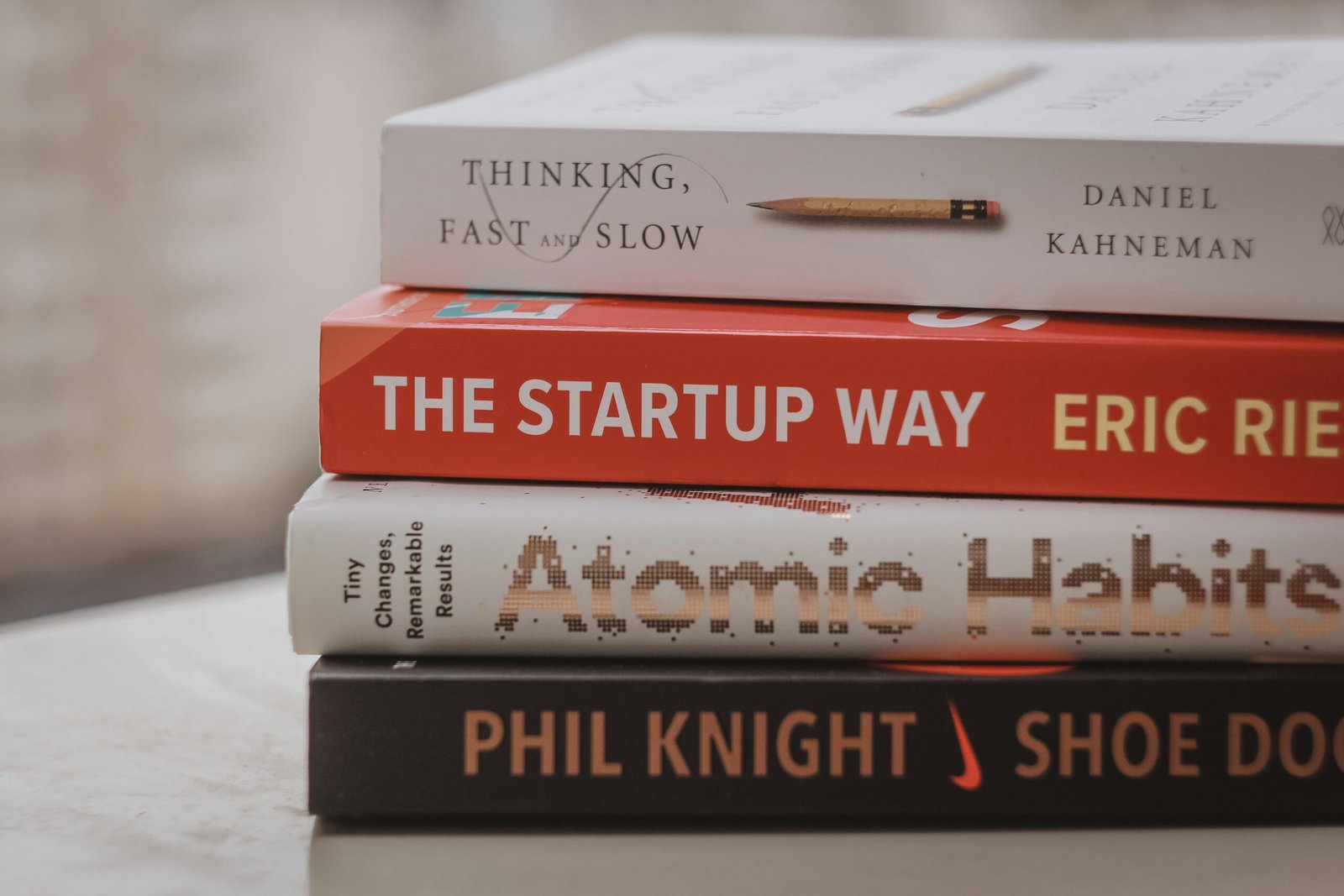Understanding the Quote by Neville Goddard
Neville Goddard, a prominent figure in the realm of metaphysical and spiritual teachings, has profoundly influenced the way we perceive the power of the mind. Born in 1905 in Barbados and later moving to the United States, Goddard’s teachings revolved around the concept of the imagination as the creative force in the universe. His philosophy emphasizes that our thoughts and beliefs shape our reality, a notion that underpins his famous quote, “If you can dream it, you can do it.”
At its core, this quote encapsulates the essence of Goddard’s teachings on the power of visualization and belief. By asserting that the capacity to dream inherently includes the potential to achieve, Goddard highlights the intrinsic link between our mental landscape and our external reality. This statement serves as a compelling reminder that success begins in the mind. It suggests that the journey towards achieving any goal starts with a clear vision and unwavering belief in its attainability.
Delving deeper, the quote “If you can dream it, you can do it” implies that dreams are not mere figments of the imagination but are blueprints for future accomplishments. Goddard believed that by nurturing our dreams with positive thoughts and steadfast belief, we set into motion the forces necessary to bring those dreams to fruition. This perspective shifts the focus from external circumstances to internal convictions, making the pursuit of success a more personal and controllable endeavor.
Understanding this quote invites us to recognize the significant role our mindset plays in our journey toward success. It encourages us to cultivate a vision that is not only ambitious but also grounded in a deep-seated belief in its possibility. By doing so, we lay down a foundational pillar for both personal and professional achievements, aligning our actions with our aspirations and transforming dreams into reality.
Steps to Take for Self-Development
Embracing the philosophy of “If You Can Dream It, You Can Do It” requires a structured approach to self-development. The journey begins with setting clear and achievable goals. Identifying what you want to achieve and breaking it down into manageable steps can provide a roadmap to success. By setting specific, measurable, attainable, relevant, and time-bound (SMART) goals, you create a clear vision of your aspirations and a tangible plan to reach them.
Cultivating a positive mindset is crucial. A positive attitude can significantly influence your ability to overcome obstacles and persist through challenges. This involves focusing on your strengths, celebrating small victories, and maintaining an optimistic outlook even when faced with setbacks. Surrounding yourself with positive influences and engaging in activities that boost your morale can further reinforce a constructive mindset.
Self-belief is another cornerstone of self-development. Confidence in your abilities serves as a driving force that propels you towards your goals. Building self-belief can be achieved by recognizing past achievements, practicing self-affirmation, and stepping out of your comfort zone to embrace new challenges. Visualization techniques can also enhance self-belief by allowing you to mentally rehearse success, fostering a sense of preparedness and confidence.
Mindfulness and meditation can play significant roles in personal growth. These practices help in managing stress, enhancing focus, and promoting emotional well-being. Regular mindfulness exercises can improve your ability to stay present and make thoughtful decisions, which are essential for achieving long-term goals.
Continuous self-improvement is a vital aspect of self-development. Reading, learning new skills, and seeking feedback are practical strategies to keep growing. Engaging in lifelong learning not only broadens your knowledge but also keeps you adaptable in an ever-changing world. Actively seeking feedback provides valuable insights into areas for improvement and fosters personal and professional growth.
By integrating these actionable steps into your daily life, you can align your efforts with the philosophy of dreaming and achieving. This structured approach to self-development will enable you to realize your full potential and achieve the success you envision.
Building a Successful Career
The journey to building a successful career begins with a dream. Dreaming big is the cornerstone of professional achievement, providing the vision and motivation necessary to navigate the complexities of the modern job market. Ambition is the driving force that propels individuals to set career goals that align with their passions and purposes. These goals act as milestones guiding one’s professional journey, ensuring that every step taken is a step closer to realizing their dreams.
Strategic planning is essential in translating these dreams into reality. By breaking down long-term goals into manageable tasks, individuals can create a roadmap for their career progression. This plan should include continuous learning and skill development, as education and certifications play a crucial role in staying competitive. Pursuing relevant qualifications not only enhances expertise but also opens doors to new opportunities.
Networking effectively is another critical component of career success. Building a robust professional network can provide invaluable support, advice, and opportunities. Engaging with industry peers, attending conferences, and participating in professional organizations can help in establishing meaningful connections. These relationships can offer insights into industry trends, job openings, and potential collaborations.
In today’s rapidly evolving job market, adaptability is a trait that cannot be overstated. Staying flexible and open to change allows professionals to navigate uncertainties and seize emerging opportunities. Embracing new technologies, shifting roles, and being willing to relocate or pivot careers when necessary can be the difference between stagnation and growth.
Ultimately, passion and purpose are the linchpins of a fulfilling career. When individuals are passionate about their work, they are more likely to persevere through challenges and find satisfaction in their achievements. Purpose provides a sense of direction and meaning, making the pursuit of career goals not just a professional endeavor but a deeply personal one.
By dreaming big, planning strategically, networking effectively, staying adaptable, and aligning work with passion and purpose, individuals can build successful and rewarding careers. These principles underscore the timeless wisdom that if you can dream it, you can do it.
Maintaining a Lifelong Journey of Learning and Growth
Embracing a mindset of continuous growth and lifelong learning is fundamental for achieving sustained success in life. A growth mindset, which entails believing in the capacity for improvement and development through effort and perseverance, is essential for overcoming obstacles and seizing new opportunities. This mindset enables individuals to remain curious, open to new experiences, and resilient in the face of challenges.
One effective way to cultivate a growth mindset is to stay curious. Curiosity drives exploration and innovation, encouraging individuals to ask questions, seek new information, and challenge existing paradigms. Engaging in diverse activities, reading broadly, and participating in stimulating conversations can all foster a sense of curiosity. Additionally, continuous education, whether through formal education, online courses, workshops, or self-directed learning, equips individuals with the knowledge and skills necessary to adapt to an ever-changing world.
Mentorship and community play pivotal roles in personal and professional development. Mentors provide guidance, share experiences, and offer valuable feedback, which can help individuals navigate their learning paths more effectively. Similarly, being part of a community of like-minded individuals fosters a supportive environment where members can exchange ideas, collaborate, and inspire each other. This collective growth can be immensely beneficial in achieving personal and professional goals.
Overcoming obstacles and setbacks is an inevitable part of any journey. Developing resilience and viewing setbacks as learning opportunities rather than failures can significantly impact one’s ability to persevere. Reflecting on these experiences and identifying lessons learned can help build a stronger, more adaptable approach to future challenges.
Celebrating small victories along the way is equally important. Recognizing and appreciating incremental progress can boost motivation and reinforce the value of persistence. These small wins serve as reminders of the progress made and fuel the drive to continue pursuing larger goals.
In essence, maintaining a lifelong journey of learning and growth involves a commitment to self-improvement, a willingness to explore and adapt, and the support of mentors and communities. By fostering a growth mindset and celebrating progress, individuals can navigate their paths to success with resilience and determination.





